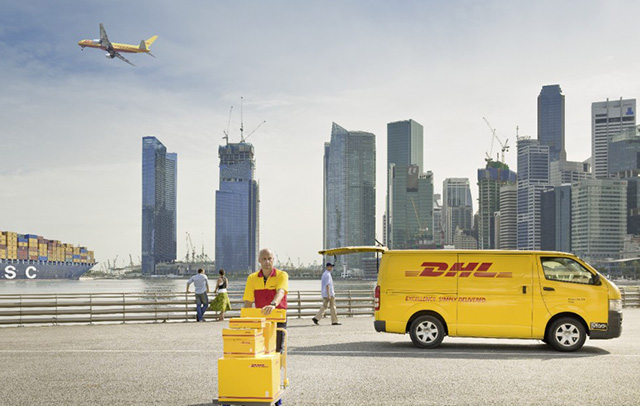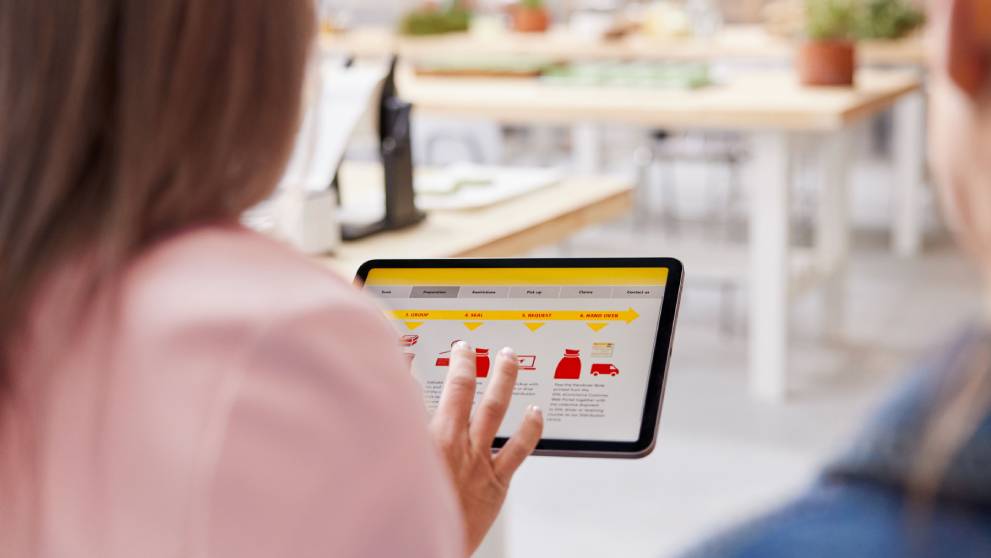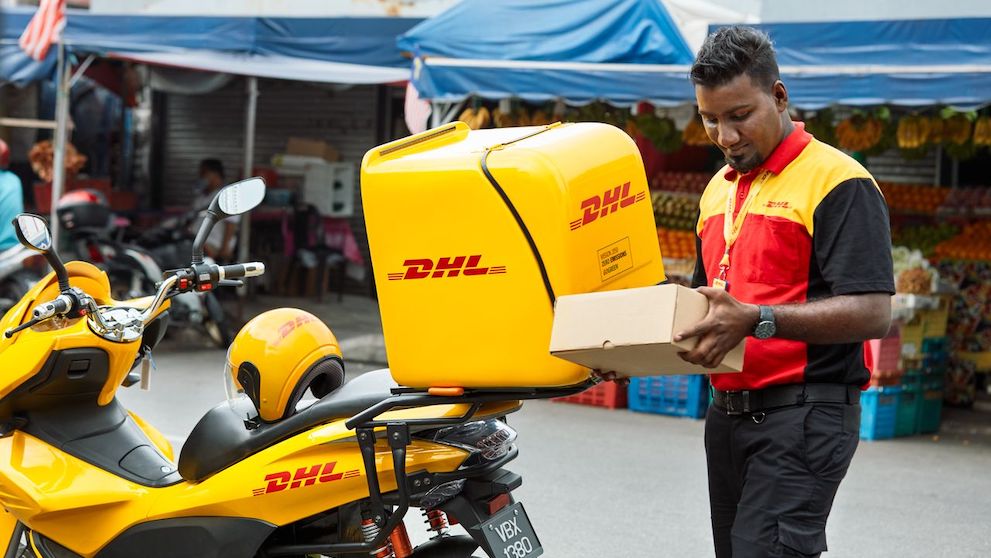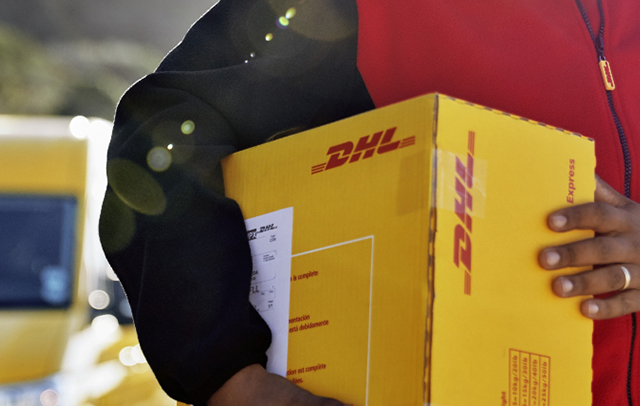Until the dawn of the digital revolution, globalisation only applied to big businesses, industry leaders and global brands. With the help of technology, communications and logistics, any business now has the opportunity to scale their business globally.
The idea of selling your project on a wider scale is always attractive but daunting. There are higher costs to be incurred, more supply chains to manage including a more complicated reverse logistics and of course, the intimidation of failure.
However, the allure of international success is a more compelling factor, which is why businesses today strive toward expansion. We take a look at the advantages of scaling your business globally, and how it could potentially mould and guide your decisions of garnering a larger audience.
1. THE POWER OF E-COMMERCE
E-commerce has been soaring in popularity for many years – it has become increasingly common for consumers to purchase products from markets that were once inaccessible or complicated. Retailers (B2C) and businesses (B2B & B2C) now have an opportunity to sell their products on an online platform without boundaries.
Besides the fundamental function of utilizing an e-commerce platform, there are many other advantages that businesses can leverage on.
- Reach Global Markets
Have access to local, regional and international markets with the help of online e-commerce. As the world becomes increasingly digital and the internet becomes readily available in more countries, the potential and opportunity of running an e-commerce business can be limitless.
- Secure Online Transactions
Online transactions are more popular and secure than ever before. Multiple payment options from reliable transaction platforms and global banks, consumers can spend money online with no worries.
Many reputable e-commerce sellers also offer returns and exchanges for an added post-purchase satisfaction.
- Manage Inventory Easily
With in-built inventory management systems, you can plan and track your resources based on the market demands. It can also help provide accurate forecasts of shopping habits to give you a better grasp of your inventory levels while segregating demand by region or country to cater to different markets.
- Logistics Integration
From the time the customer purchases something from your website to the time it reaches them, there are many potential gaps for delay. Having a digital platform allows you to quickly react to various changes in demand, requests and attend to customer’s queries more effectively.
DHL Express’s API is designed to address the shipping portion of the customer’s journey while helping you seamlessly integrate logistics to your business.
These are a few examples of how you can leverage on e-commerce to go global – in a world of 4.57 billion potential customers, people are always on, searching, sharing, and engaging their interests. And how they discover, like, purchase, and eventually receive your product not only helps you strengthen your brand’s reputation.
2. GREATER OPERATIONAL FLEXIBILITY
Catering to a wider audience can pose a different set of challenges as compared to running a smaller, local business. One of the risks that is commonly overlooked is the unforeseen and uncontrollable factors that might hinder your profitability.
Let’s take the COVID-19 outbreak for example. During the Circuit Breaker, all non-essential businesses in Singapore had to temporarily cease to operate as per the government’s health advisory recommendation.
Many local businesses were impacted negatively without a promising outlook of the situation. In early June, DHL Express Global CEO John Pearson addressed this exact issue but highlighted that companies with a global presence and an established foothold in many other countries were demonstrating better resilience and flexibility during the pandemic.
While some markets became inaccessible due to lockdown regulations, other opportunities were presented in overseas markets that had less stringent restrictions, thus providing greater flexibility and operating capabilities while not being at the mercy of a single country or region. Businesses greatly benefited from this by being able to continue operating to safeguard their business, cash flows, and profitability.
3. RESILIENT SUPPLY CHAIN
Having a resilient supply chain essentially means being prepared for all kinds of potential supply chain disruptions. A vertical supply chain is only effective when every aspect of the chain plays their part in contributing to the end result – which is usually getting the product into the hands of the customer or end-user. Any disruption at any point of the chain could result in delays, which in turn affects the customer experience and in the long run, your brand.
When you scale your business up, one of the first concerns that you must address is if your supply chain can handle a larger demand from an international audience. In most scenarios, to keep up with demands, it would be good practice to build up a more resilient supply chain by sourcing from alternate suppliers, optimizing your distribution network to improve turn-around, and having efficient storage capabilities to manage safety stocks or surges/declines in demand.
It is almost always natural to expand and diversify your supply chain as you expand your business. Like the previous point, one of the major benefits of going global is to leverage resources from overseas markets. By gradually building a formidable supply chain with a reliable contingency plan, you are establishing a more risk-free operation for business continuity and efficiency to feed the varying levels of demands.
4. GLOBAL PARTNERSHIPS
The last benefit of going global is the opportunity to build global partnerships. When taking your business to the next level, you are also opening your doors to invite partners to help, or rather, work with you toward a mutual goal. Partners that are veterans in their field of expertise that would amplify your potential and have experience in guiding your business in the right direction.
Another important pointer when you look at global partnerships is how you can capitalize on your partners resources to simplify your expansion efforts.
For example, partnering with first-class e-commerce platform brands like Shopify or eBay could save you the effort of having to build up a reputable website while also addressing your needs for reliable e-commerce solutions like payment management and website analytics.
It is arguable that a large portion of running an e-commerce business is attributed to logistics. DHL Express prides itself as a global logistics brand and one of the fastest international delivery services in the industry. Our focus is to address your international logistics requirements while providing a holistic service for your end-consumers.
Finally, it is important for you to work with a partner that is able to align with your global plans. It can be an inconvenience to manage multiple partners, although it may be a necessity in certain cases, but one of the attractive points of going global today is to maintain simplicity and control.
At DHL Express, we have one of the most comprehensive global delivery services and adopt the latest technologies to provide a seamless integration.
Find out more about how DHL Express can help you go global and unleash your business potential!














































